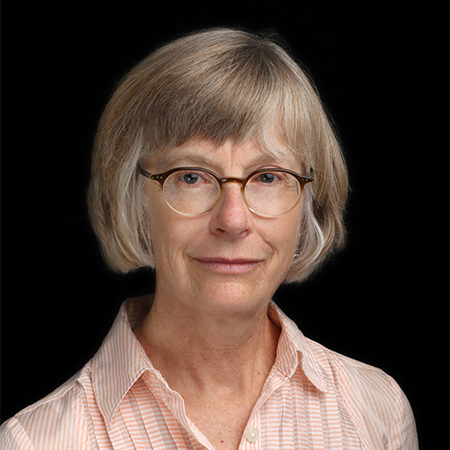Everyone deserves to have the opportunity to achieve their optimal health and to have equitable access to the care they require when they need it. Ensuring that women across the province have equal access to specialized health services, especially when it comes to their reproductive health, is fundamental to their overall well-being. Dr. Sheila Dunn is developing innovations to support the health of women and girls, particularly those from marginalized communities.
Reproductive health is a complex area where science, sociocultural issues and politics intersect with many questions about how to effectively deliver services to all women. Canada has a geographically dispersed population which makes access to abortion services problematic for patients living in rural or remote regions. Dr. Dunn’s research aims to identify and alleviate barriers to this essential health service. Recently, she played a crucial leadership role in supporting primary care providers to provide medical abortion in their practice following the Health Canada approval of mifepristone, the medical abortion medication. Mifepristone is considered the gold-standard for medical abortions and has been approved for use in more than 60 countries for almost 20 years. Prior to the availability of mifepristone, Canadian women, especially those living outside major city centres had limited ability to access safe abortion care.
Dr. Dunn also launched “What’s Next for Me?”, a mobile website that provides up-to-date information to women on available emergency contraception options. Although there are three types of emergency contraception available, most women only know about the Plan B pill, which is actually the least effective method. “What’s Next for Me?” helps women determine which option will work best for them and where to access emergency contraception consultation services in their community.
Many communities including refugees, newcomers and Indigenous peoples also face barriers to receiving screening for early signs of breast and cervical cancer. Developing new methods to raise awareness of the importance of screening and the ability to provide cancer screening in a culturally sensitive manner is another area of focus for Dr. Dunn.
MSc, Clinical Epidemiology, University of Toronto, 2007
MD, University of Toronto, 1977
- Professional Development Program Mentorship Award, Department of Family and Community Medicine, University of Toronto (2015-2016)
- May Cohen Award for Gender Equity, Association of Medical Colleges of Canada (2004)
- Contraception
- Abortion
- Cancer screening
- Marginalized populations
- Innovative models of healthcare
